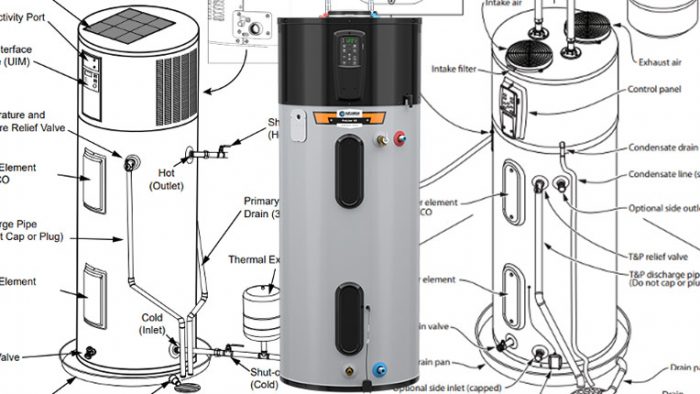
For the past seven years, my go-to heat pump water heater has been the State Premier Hybrid Electric. It comes in three sizes, 50, 66, and 80 gallons, and has performed solidly for my company. With it, we’ve helped hundreds of customers electrify their water heating and reduce their carbon footprint.
State Water Heaters are part of the A.O. Smith family of companies. A.O. Smith sells similar models under its label and other brands, including American, Lochinvar, Reliance, and U.S. Craftmaster.
I was excited to learn that, in fall 2022, A.O. Smith introduced an updated model, labeled variously the A.O. Smith Voltex AL Smart Hybrid Electric and the State Premier AL Hybrid Electric. The “AL” stands for its built-in “anti-leak” sensor. The new version features higher efficiency, lower noise ratings, wireless connectivity, and a “smart anode” for corrosion protection. It also incorporates changes to its layout that make it easier to install.
We’ve installed several of the new models and have been quite happy so far. Here I’ll look at how it differs from its predecessor and touch on newly published space requirements for heat pump water heaters.
Physical dimensions, layout, and clearances
The older 50-gal model is 22 in. wide by 63 in. tall; the 66- and 80-gal models are 27 in. wide and 61 in. and 69 in. tall, respectively. The new units are all within ½ in. of these dimensions. Despite these similarities in overall size, the new models incorporate design changes that allow for tidier installations and more flexibility in location:
Potable water connections. In the older model, the cold water inlet and hot water outlet are both on the side of the unit. Since most tank-style electric, natural gas, and propane water heaters have connections on the top, installing the older model means extending piping downward. The…
Weekly Newsletter
Get building science and energy efficiency advice, plus special offers, in your inbox.

This article is only available to GBA Prime Members
Sign up for a free trial and get instant access to this article as well as GBA’s complete library of premium articles and construction details.
Start Free TrialAlready a member? Log in






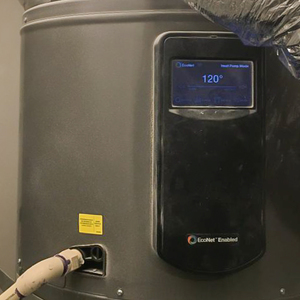
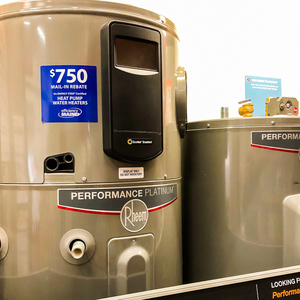
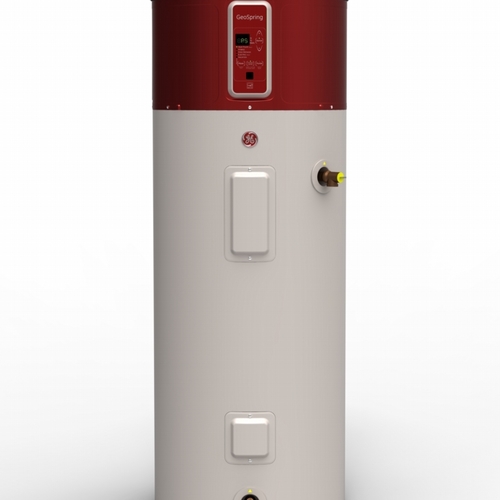
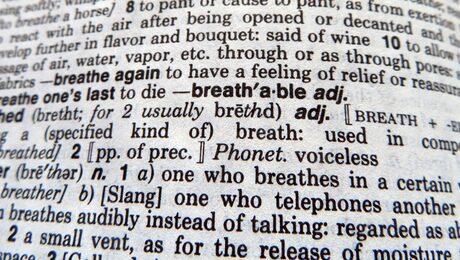
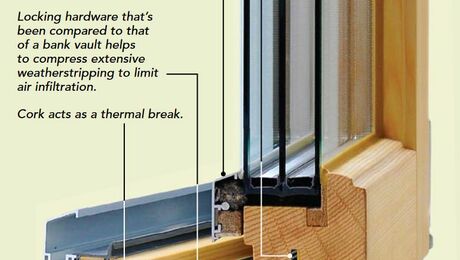
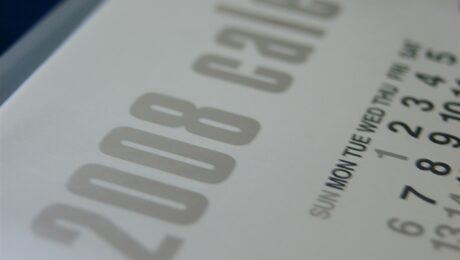
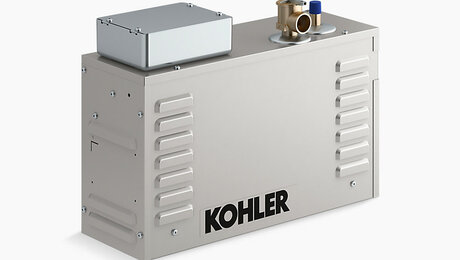
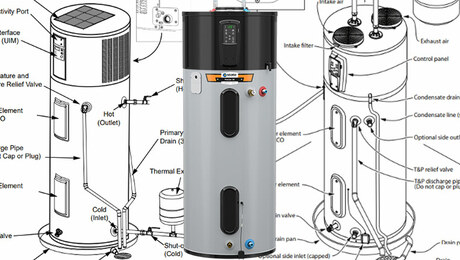
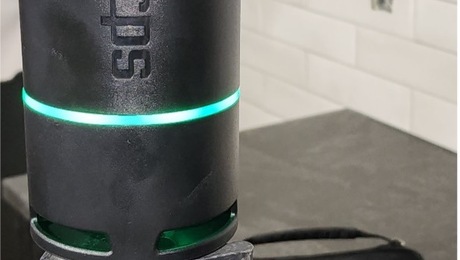
12 Comments
Jon, can you comment more on the noise levels? AO Smith's literature on this product brags that it is the quietest heat pump water heater on the market. Is that 45 dB that they advertise accurate? Did you actually notice it being quieter than the old models that you've installed? Thanks for the write up. I've been wanting a heat pump water heater for years but haven't yet pulled the trigger on one because of noise concerns. This new model might be the one that gets me to act.
I'm not the best at evaluating sound levels--too much loud music and lack of ear protection in my youth. I had planned to get some decibel measurements in the field but didn't get to it before my deadline. I'll try to get some and post them.
I (and I'm sure many others who have been earnestly watching the noise issues with the Rheem units) would greatly appreciate that!
I'm on a tight power budget. Do you have a lower power model like REEM does? or plans for one?
I'm talking peak power usage not average. It looks like the only option on this one is 4500 W.
Really happy to see folks working to advance this technology - Thank you!
The only 120V models I know about are made by Rheem, though I expect we'll see more options in the next few years.
If you're ok with 240v but just need lower wattage most electric water heaters allow you to switch out the heating elements with virtually all except the Rheem Marathon using the same standard size. A 4500 watt element could be switched out for a 3000 watt element in a few minutes. The manual details replacing a heating element and it looks the same as most any other electric water heater. Going down in wattage is generally a non-issue, you just don't want to go above the provided rating. Another option would be to keep the water heater in heat pump only mode. I haven't seen anything listing the watt draw of the heat pump but would expect it to be less than 4500.
This looks like a great piece of equipment! I'll need 80 gallon, and its coming in at $2,800 at my local supply house. Do you have any recommendations for a simliar 80 gallon electric HP water heater that has a UEF of 2.9 (or higher) that is a bit more affordable (requirement for energy credit)? Always a balance of features/efficiency and cost!
Unfortunately, I don't have a good alternative. There seems to be a big price premium for the 80-gallon models, about $1000 over the 50-gallon even though I believe the electronics and heat pump components are almost all the same. Are there any state or utility incentives you could use to augment the Federal tax credit?
I was just next to one of these on Tuesday. I was able to measure db using the NIOSH smart phone app and got 47.7 db. Importantly the sound is fairly pleasant, not all sounds are created the same. No significant compressor buzz, mostly soft air like noises and gentle hum. High hopes for this model since noise has been the most significant draw back for HPWHs.
I wonder how readily a powered anode could be added. For most electric water heaters it's about as simple as replacing a sacrificial anode and having a nearby outlet to plug it in. With the heat pump condenser on top of the tank and in the way of accessing the anodes would much modification be needed to install an anode that would have a power cord coming out the top of the tank?
I installed the 50 gal model two years ago. It has been working fine since then. I do get some rotten egg smell so the powered anode would have been great. Of the other changes, the longer run time on electric mode would be good for deep winter when I want to reduce the cooling load on my basement mini split heat. However, this is not a big deal and I only switch to all electric on very rare occassions. Of course there are only two of us and we use very little water.
I recall that it was easy to install and only took me a few hours, including running a new 30 amp circuit. On the other hand, I had to replumb the entire hot water line and cold water feed since the existing plumbing was set up for a boiler hot water system on the other side of the room. However, people who are replacing an existing hot water tank system will likely have the proper plumbing in place.
I am a bit shocked at the price now. I bought mine 2 years ago from Lowes as a return for $700 and got a $750 rebate from the state. They also had a returned 80 gal model for $900. I should have picked up that one too! I think the list price at that time was $1300 for the smaller unit and a little more for the 80 gal unit. People paying $2000-3000 is shocking!
Sound levels are reported on a logarithmic scale because that's how our hearing works. It's of no practical value, and in fact misleading to mention that a 6dB reduction represents a 4-fold reduction in noise energy. It implies the reduction in perceived noise will be greater than it is in reality. And a smaller nitpick is that the A in 51dBA is a frequency response weighting. It's nonsensical to report a relative difference of 6dBA, it's just 6dB.
Log in or become a member to post a comment.
Sign up Log in